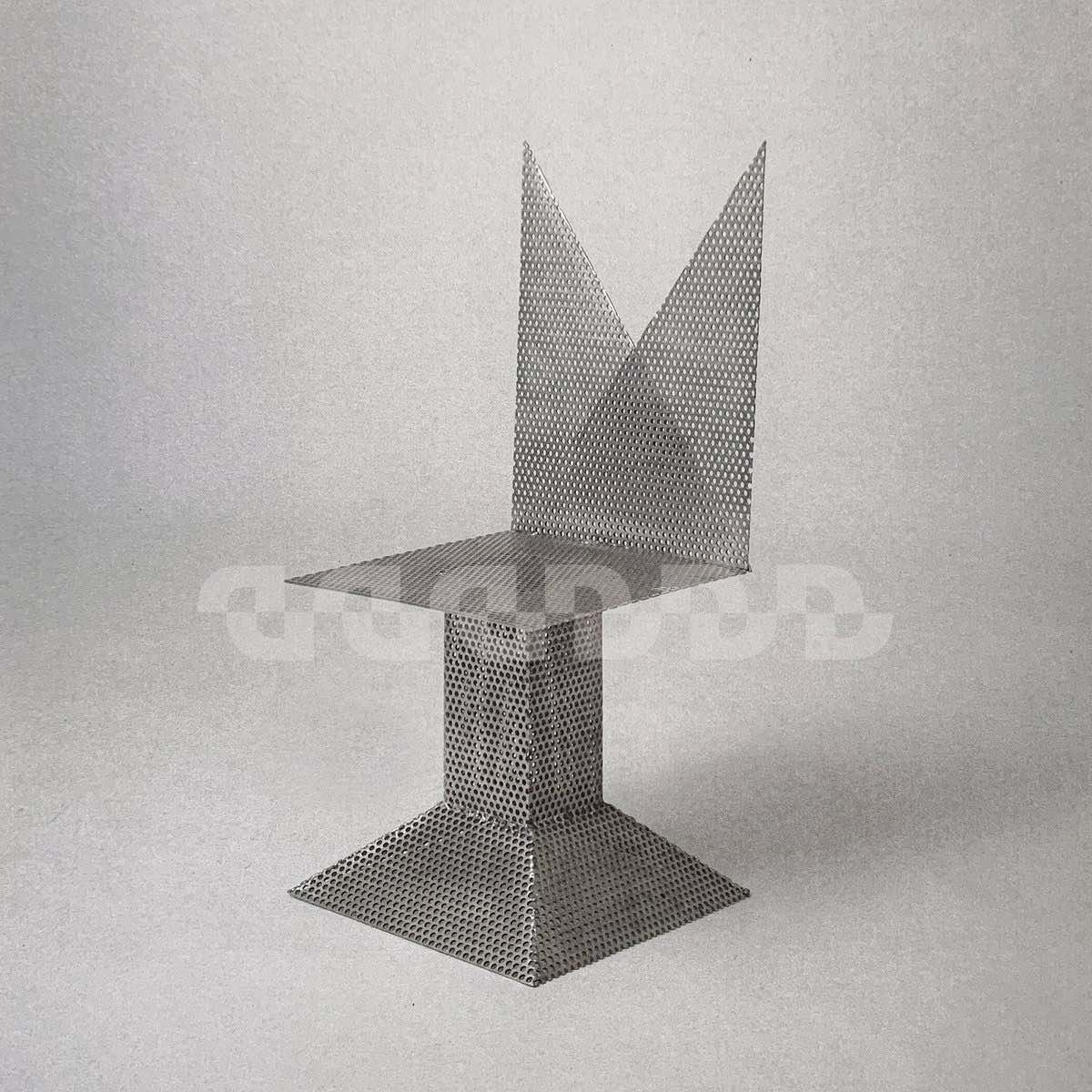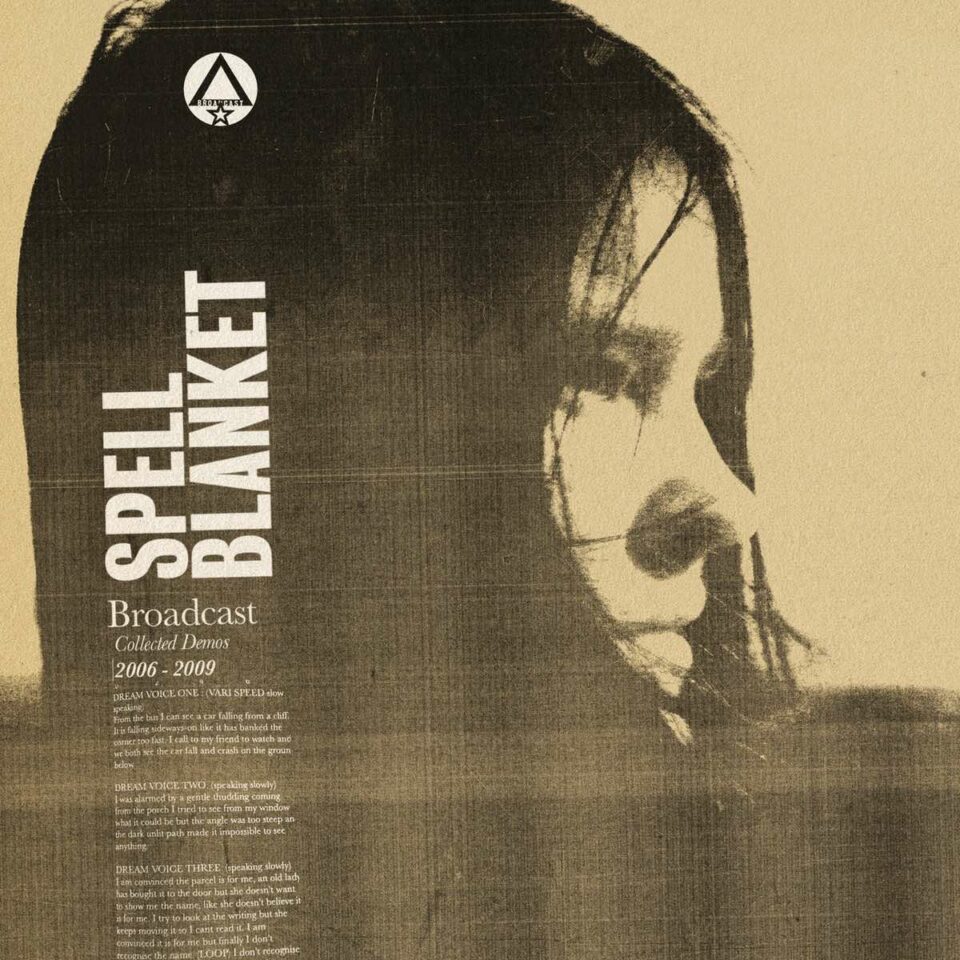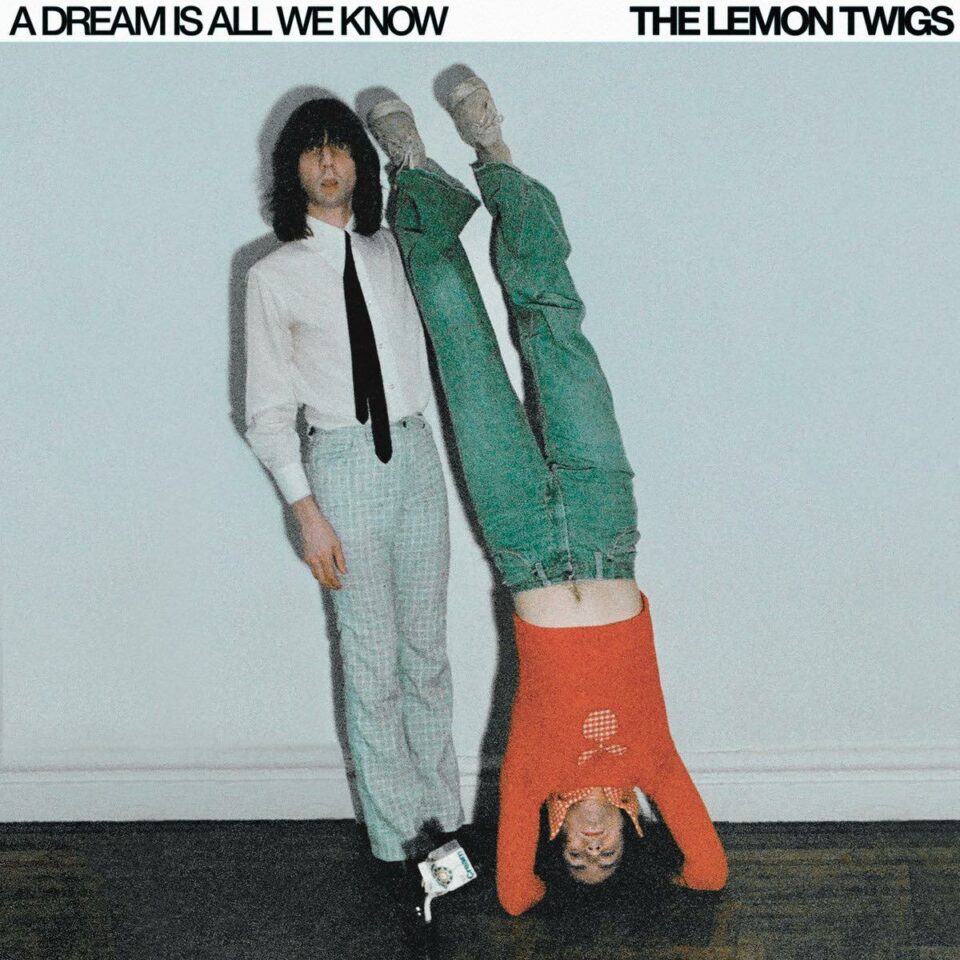Drahla
Angeltape
CAPTURED TRACKS
The most gripping pieces of art tend to be ones that shine a light on grief and bring comfort and guidance to those affected by similar experiences of personal loss of virtually any variety. Angeltape, the second full-length from Leeds-based trio Drahla, does just that over the course of 35 minutes.
The band’s follow-up to 2019’s Useless Coordinates is the real deal—and it’s so strikingly honest, it may be too weighty of a listen for some. Rarely since Nick Drake have we heard a musician sing and perform as tenderly, vulnerably, and heartbreakingly about the pain and feeling of powerlessness that vocalist/guitarist and songwriter Luciel Brown struggled with leading up to the album’s inception, let alone doing so in a way that leaves room for the listener who may have undergone similar hardships. The band shared in a statement that it’s a grief-centric record, with Brown’s father having suddenly died in 2020. They rather transparently stated on Instagram that “the lyrical content of this record is so difficult to articulate.” It sure is. “When I’m talking to myself, I’m not really talking to myself,” goes one particular line on “Zig-Zag,” an early-album highlight.
Despite all this, Angeltape doesn’t sound particularly maudlin, channeling as it does contemporaries ranging from METZ to Parquet Courts. This is the best album that should’ve been made in the 1980s, but wasn’t—an uprooting, a send-up, and a put-on of bands soullessly playing typically white blues bar fare. On the Blondie-colored “Concrete Lily,” for instance, the guitars never dominate, the bass doesn’t fall too far back in the mix, the drums don’t have that wince-inducing ’80s production value. That performance in particular—and to a certain degree, Angeltape on the whole—epitomizes Drahla’s expertise at adding flourishes that recall yesteryear while artfully resisting the lure of entering a time machine. That’s the mastery of musicians who are wise beyond their years: Drahla keep their focus firmly fixated on what lies ahead, never doubting its promise.









